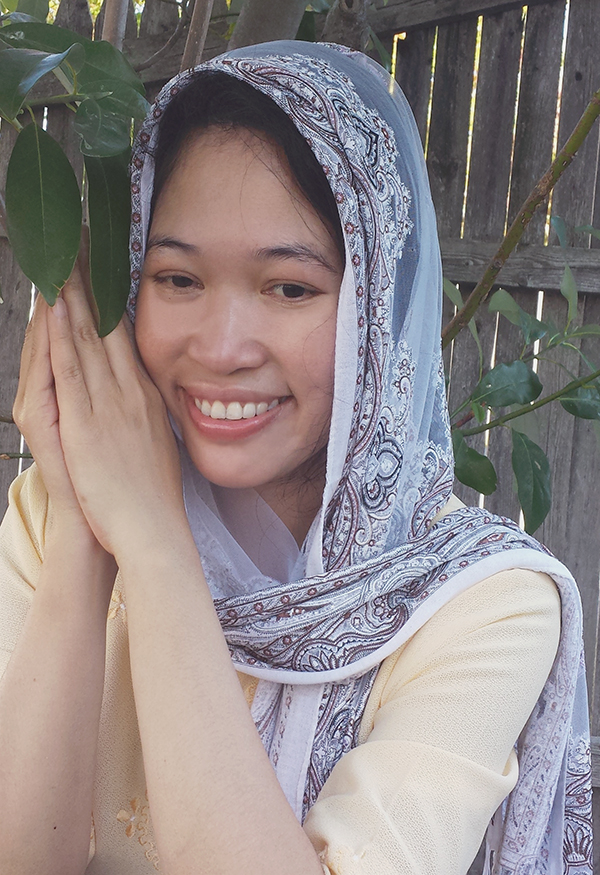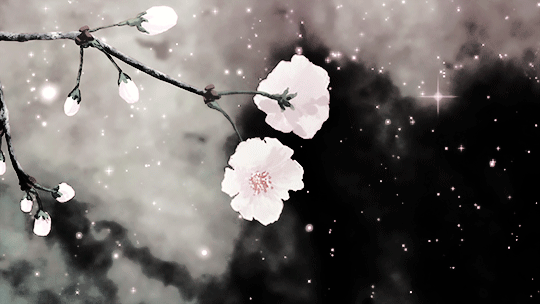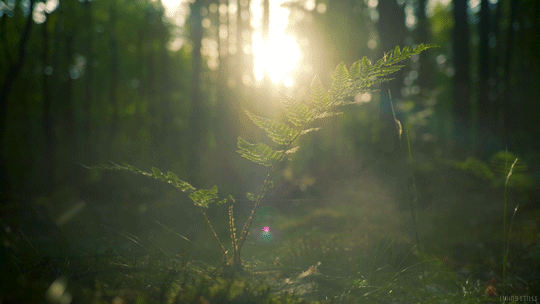
Master Padma said: When practicing the Dharma there are seven types of corruption.
The lady asked: What are they?
The master said: if your faith is small while your intelligence is great, you become corrupted by considering yourself a teacher.
If you have many listeners while your self-regard is high, you become corrupted by considering yourself a spiritual friend.
If you assume superior qualities while not having taken the Dharma to heart, you become corrupted by considering yourself a leader.
If you give oral instructions while not practicing them yourself, you become corrupted by being an insensitive “Dharma expert.”
If you are fond of senseless babble while lacking the Dharma in your heart, you become corrupted by being a craving charlatan yogi.
If you have little learning while lacking the oral instructions, you become corrupted by being a commoner though your faith may be great.
A genuine practitioner who acts in accordance with the true teachings should liberate his being with intelligence, tame his mind with faith, cut misconceptions with listening to teachings, cast away social concerns, mingle his mind with the Dharma, perfect his knowledge with learning and reflecting, resolve his mind with the oral instructions, and gain final certainty through the view and meditation. That, however, is difficult.
~ Padmasambhava
















